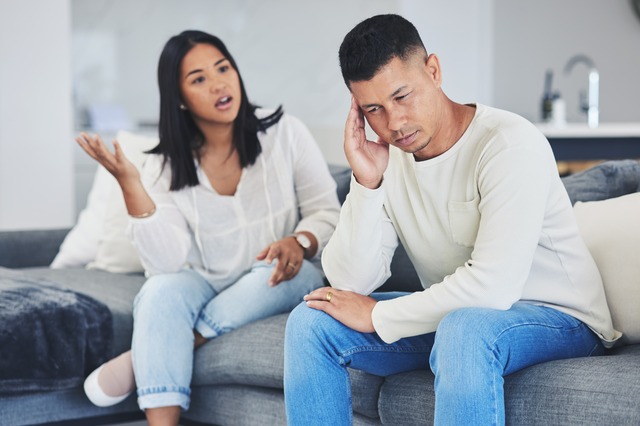Unrequited love can be one of the most painful experiences in life. Loving someone who doesn’t return your feelings can lead to emotional turmoil and heartbreak. It’s crucial to recognize the signs of one-sided love and take steps to protect yourself from getting hurt. This article explores how to identify one-sided love, understand its impact, and implement strategies to avoid emotional pain.
Recognizing the Signs of One-Sided Love
Lack of Reciprocity: One of the clearest signs of one-sided love is a lack of reciprocity. If you find yourself constantly making efforts to communicate, plan dates, or show affection without receiving the same level of interest or effort in return, it may be a sign that your feelings are not mutual.
Imbalanced Communication: In a healthy relationship, communication is balanced and mutual. If you are always the one initiating conversations, and the other person seldom reaches out first or keeps the conversations going, it’s an indication that they may not share your level of interest.
Emotional Unavailability: If the person you care about is emotionally distant or unavailable, it can be a sign of one-sided love. They might be preoccupied with other aspects of their life or may not be ready for a serious relationship.
Lack of Commitment: If the other person is hesitant to make any form of commitment, whether it’s defining the relationship or making future plans together, it suggests that they might not be invested in the relationship to the same extent as you are.
Understanding the Impact of One-Sided Love
One-sided love can have significant emotional and psychological impacts:
Emotional Distress: Continuously loving someone who doesn’t return your feelings can lead to emotional distress, including feelings of sadness, loneliness, and frustration.
Lowered Self-Esteem: Experiencing unrequited love can damage your self-esteem and self-worth. You might start questioning your desirability and value, leading to negative self-perception.
Obsessive Thoughts: One-sided love can result in obsessive thoughts and behaviors, as you might constantly think about the person, trying to find ways to win their affection.
Hindered Personal Growth: Focusing too much on a one-sided relationship can prevent you from moving forward in your life and exploring other opportunities for happiness and growth.

Strategies to Avoid Getting Hurt
Set Clear Boundaries: Establishing clear emotional boundaries is crucial to protect yourself from getting hurt. Recognize the signs of one-sided love early and set limits on how much emotional energy and time you invest in the relationship.
Communicate Your Feelings: Open communication is key. Share your feelings with the person and express your need for reciprocity. This can help clarify their intentions and allow you to understand where you stand.
Prioritize Self-Care: Focus on your own well-being and happiness. Engage in activities that bring you joy and fulfillment, and spend time with friends and family who support and uplift you. Taking care of your physical and mental health is essential to cope with the emotional challenges of unrequited love.
Accept the Reality: Acceptance is a powerful tool in dealing with one-sided love. Acknowledge that the other person may not feel the same way, and understand that it’s not a reflection of your worth. Accepting reality can help you move forward and open up to new possibilities.
Limit Contact: If you find it difficult to move on, consider limiting contact with the person. This doesn’t mean cutting them off completely, but reducing interactions can help you detach emotionally and give you the space to heal.
Seek Support: Don’t hesitate to seek support from friends, family, or a therapist. Talking about your feelings with someone you trust can provide relief and perspective. Professional help can also offer strategies to manage your emotions and build resilience.
Conclusion
Dealing with one-sided love can be a painful experience, but it’s important to recognize the signs and take proactive steps to protect yourself from emotional harm. Setting boundaries, communicating your feelings, and prioritizing self-care are essential strategies to avoid getting hurt. Accepting reality, seeking support, and focusing on personal growth can help you heal and move forward. Remember, your worth is not defined by someone else’s feelings, and opening yourself up to new opportunities can lead to fulfilling and reciprocal relationships. By taking these steps, you can navigate the complexities of unrequited love and emerge stronger and more resilient.